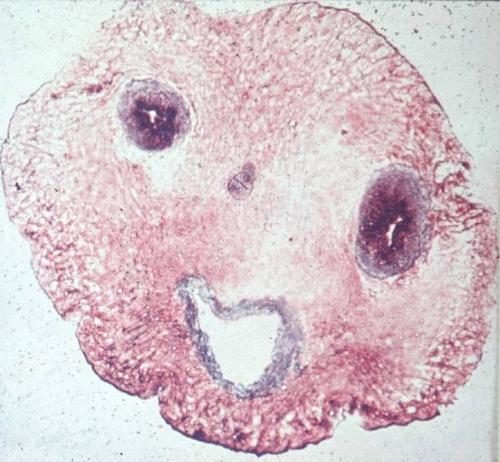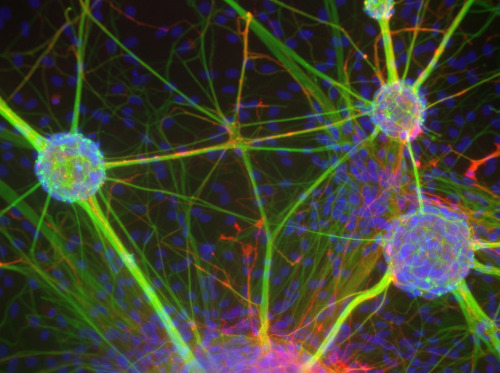Приём агонистов допамина, даже при лечении болезни Паркинсона - влияет на поведенческие характеристики! Читаю на http://www.scientificblogging.com/erin039s_spin/hypersexual_compulsive_gambler_blame_dopamine_only_if_you_have_parkinsons_disease_too
According to a new study published by the Mayo Clinic, patients with Parkinson disease (PD) have another problem to deal with. Researchers have found that one in six patients taking therapeutic doses of
certain prescription drugs for management of PD have developed troubling behavioral symptoms. The most problematic symptoms include compulsive gambling and hypersexuality.
PD is one of the most common degenerative neurological disorders affecting 1.5 million people in the US. PD is characterized by the destruction of neurons responsible for the production of dopamine which allows coordinated function of muscles, movement and signals from the brain. Without dopamine, motor function becomes impaired and other signals from the brain are misinterpreted or not received at all. Tremors, slow movements, stiffness and imbalance are all symptoms of Parkinson’s and can severely impair normal life.
This study, published in the April issue of Mayo Clinic Proceedings, is based upon two previous case series from 2005, report a connection between dopamine agonist medications and the destructive symptoms. Dopamine agonists are compounds that activate dopamine receptors in the absence of dopamine. Dopamine agonists can then act as a dopamine substitute and manage signaling pathways and proper messaging which dopamine is the major mediator.
Dopamine agonists are a significant part of PD treatment and include drugs like pramipexole and ropinirole. In small doses, these drugs have other uses as well, and are also commonly prescribed for Restless Legs Syndrome (RLS). This class of medication stimulates specific brain circuits which are associated with substrates for emotional and reward centers in the brain and can cause an increase in hedonistic behaviors. Too much dopamine substitute may affect a PD patient’s brain chemistry and urge them to do “feel-good” behaviors to an extreme. Thus symptoms such as compulsive gambling and hyper-sexuality can arise.
"The 2005 case series alerted us that something bad was happening to some unfortunate people. This study was done to assess the likelihood that this effect would happen to the average Parkinson's patient treated with these agents," says J. Michael Bostwick, M.D., Mayo Clinic psychiatrist who spearheaded the new study.
Researchers analyzed a group of 267 patients, 66 of which were taking dopamine agonists as their primary medication for management of PD. They found that 7 of the patients experiences new onset of hedonistic behavioral gambling or hypersexuality. They also found that none of the other patients developed these symptoms, which included 28 patients taking lower doses of the dopamine agonists. Mayo physicians suggest that a lower dosage of these dopamine agonists be recommended for susceptible patients to reduce risk of unwanted side effects.
"It is crucial for clinicians prescribing dopamine agonists to apprise patients as well as their spouses or partners about this potential side effect. The onset can be insidious and overlooked until life-altering problems develop," says J. Eric Ahlskog, M.D., Ph.D., Mayo Clinic neurologist and co-author of the 2005 study. "It also is worth noting that the affected patients were all taking therapeutic doses. Very low doses, such as those used to treat restless legs syndrome, carry much less risk."
According to the National Parkinson’s Foundation, the disease affects 1 out of every 100 people over the age of 60. Globally, 2% of the population worldwide will develop Parkinson’s in their lifetime according to projections made by the Mayo Clinic.
References:











0 +:
Dí lo que piensas...